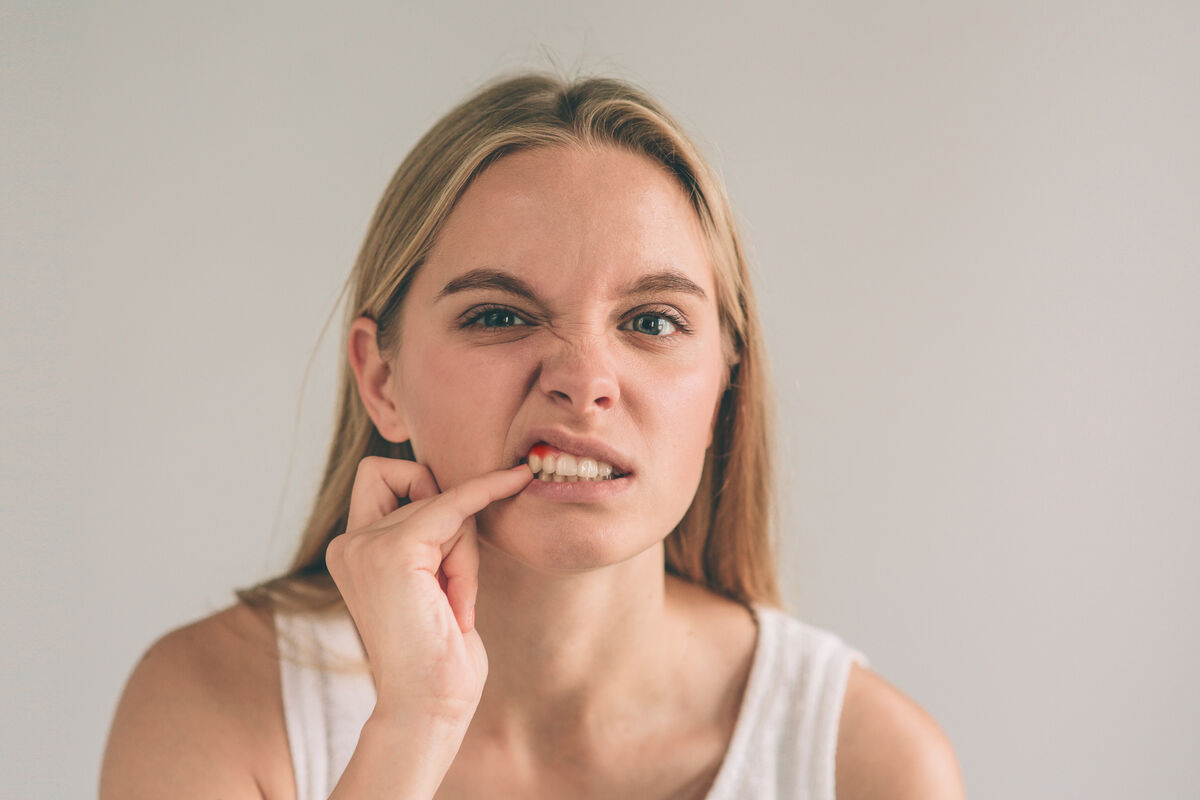Contents

Gingivitis: Causes, Symptoms, and Treatments for This Gum Disease
Gingivitis is a widespread bacterial infection of the gums that affects both adults and adolescents. Although benign and reversible in its early stages, it can progress to a more serious periodontal disease if left untreated. Here's a closer look at this gum inflammation.
What is Gingivitis?
Gingivitis is an inflammation of the gums of infectious origin. It is limited to the superficial gum surrounding the teeth (marginal gingiva) and is characterized by:
- Red, swollen, and tender gums
- Spontaneous or provoked gum bleeding (when brushing)
- Bad breath
The Different Stages of Gingivitis
Gingivitis evolves in 3 phases:
- Initial Stage: Mild inflammation, red and swollen gums, bleeding on brushing. Reversible with good hygiene and professional cleaning.
- Moderate Stage: Worsening symptoms, pain on brushing, persistent bad breath. Requires professional intervention.
- Advanced Stage (Periodontitis): Damage to the bone and supporting tissues, gum recession, tooth mobility. Requires complex treatment.
Causes and Risk Factors of Gingivitis
Gingivitis is primarily caused by dental plaque, the invisible film that forms on teeth. Certain factors also promote its appearance:
- Genetic predispositions
- Hormonal changes (pregnancy, puberty, menopause)
- Smoking
- Diseases (diabetes, immunosuppression)
- Nutritional deficiencies (vitamin C)
- Use of certain medications
- Stress and fatigue
Gingivitis Treatment: What is the Remedy?
The treatment for gingivitis is based on the removal of dental plaque and tartar:
- Scaling: professional cleaning of the teeth to remove tartar, using ultrasound or manual instruments.
- Root Planing: smoothing of the roots to prevent plaque from re-accumulating (if the condition is more advanced).
- Periodontal Surgery: necessary in cases of advanced periodontitis to lift the gum and clean the pockets.
FAQ
What are the first symptoms of gingivitis?
The early signs are red, swollen gums that bleed easily when brushing. Gingivitis is often painless at first, which is why it's important to be aware of these changes.
How long does it take for gingivitis to heal?
With a professional cleaning and rigorous hygiene, gingivitis can improve in a few days and heal in 2 to 3 weeks. But without treatment, it worsens and becomes more difficult to treat.
How can you naturally prevent gingivitis?
Brush your teeth twice a day for 2 minutes, use dental floss, limit sugar and tobacco, and drink plenty of water. Certain essential oils (tea tree, lemon) can help as a supplement.
